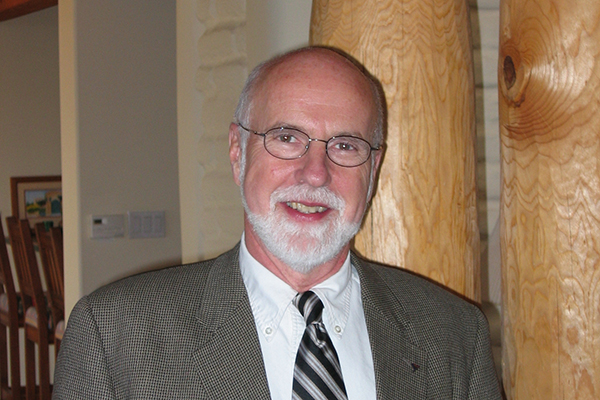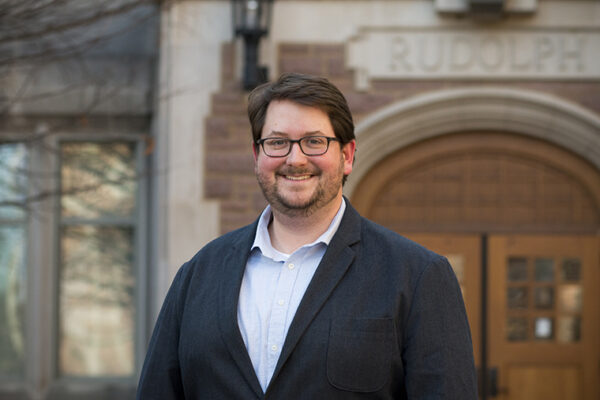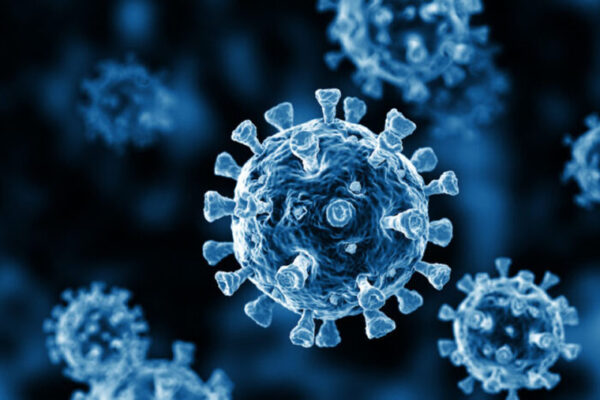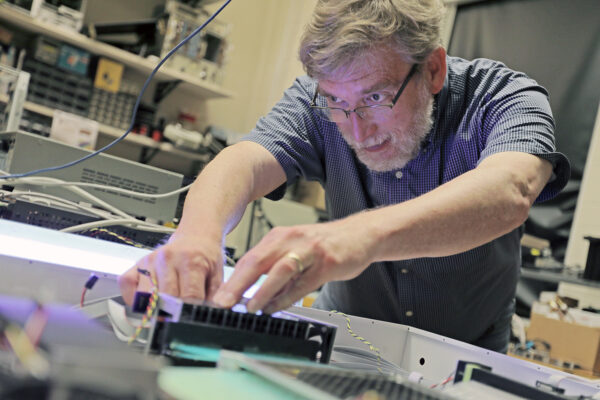Finck receives NIH grant
Brian N. Finck, professor of medicine at the School of Medicine, received a four-year $1.7 million grant from the National Institute of Diabetes and Digestive and Kidney Diseases of the National Institutes of Health (NIH) for research on nonalcoholic fatty liver disease.
Gross receives GenNext funding
Michael L. Gross, professor in Arts & Sciences and at the School of Medicine, received a $31,500 subcontract from GenNext to support their NIH-funded project.
Krawczynski receives NSF grant
Michael J. Krawczynski in Arts & Sciences received a three-year $178,445 grant from the National Science Foundation for a collaborative petrology and geochemistry research project.
Krantz wins NSF grant
Steven G. Krantz, professor of mathematics and statistics in Arts & Sciences, received a $144,940 National Science Foundation grant for work on mathematical models for uncovering neurological disorders among the U.S. population infected with COVID-19.
Wilfley to study obesity and cardiovascular disease
Denise E. Wilfley, professor at the School of Medicine and in Arts & Sciences, received a five-year $2.6 million grant from the National Heart, Lung, and Blood Institute of the National Institutes of Health (NIH) for a training program in obesity and cardiovascular disease.
Hachem receives grant for cystic fibrosis research
Ramsey Hachem, the Tracey C. Marshall – Dr. Elbert P. Trulock Distinguished Professor of Medicine at the School of Medicine, received a $2.2 million research grant from the Cystic Fibrosis Foundation.
Chen to study neurological disorders
Zhoufeng Chen, at the School of Medicine, received a five-year $2.5 million grant from the National Institute of Neurological Disorders and Stroke of the National Institutes of Health (NIH) for neuroscience research.
Saligrama to research pediatric onset multiple sclerosis
Naresha Saligrama, assistant professor of neurology at the School of Medicine, received a three-year $1.1 million grant from the Children’s Discovery Institute for pediatric onset multiple sclerosis research.
Sotiras to study heterogenity in Alzheimer’s disease
Aristeidis Sotiras, assistant professor of radiology at the School of Medicine, received a five-year $2.8 million grant from the National Institutes on Aging of the National Institutes of Health (NIH) to use machine learning techniques in Alzheimer’s research.
Buckley earns grant for astronomical monitoring
James H. Buckley, professor of physics in Arts & Sciences, received a $700,292 award from the National Science Foundation to upgrade a ground-based telescope array for gamma-ray astronomy.
View More Stories




